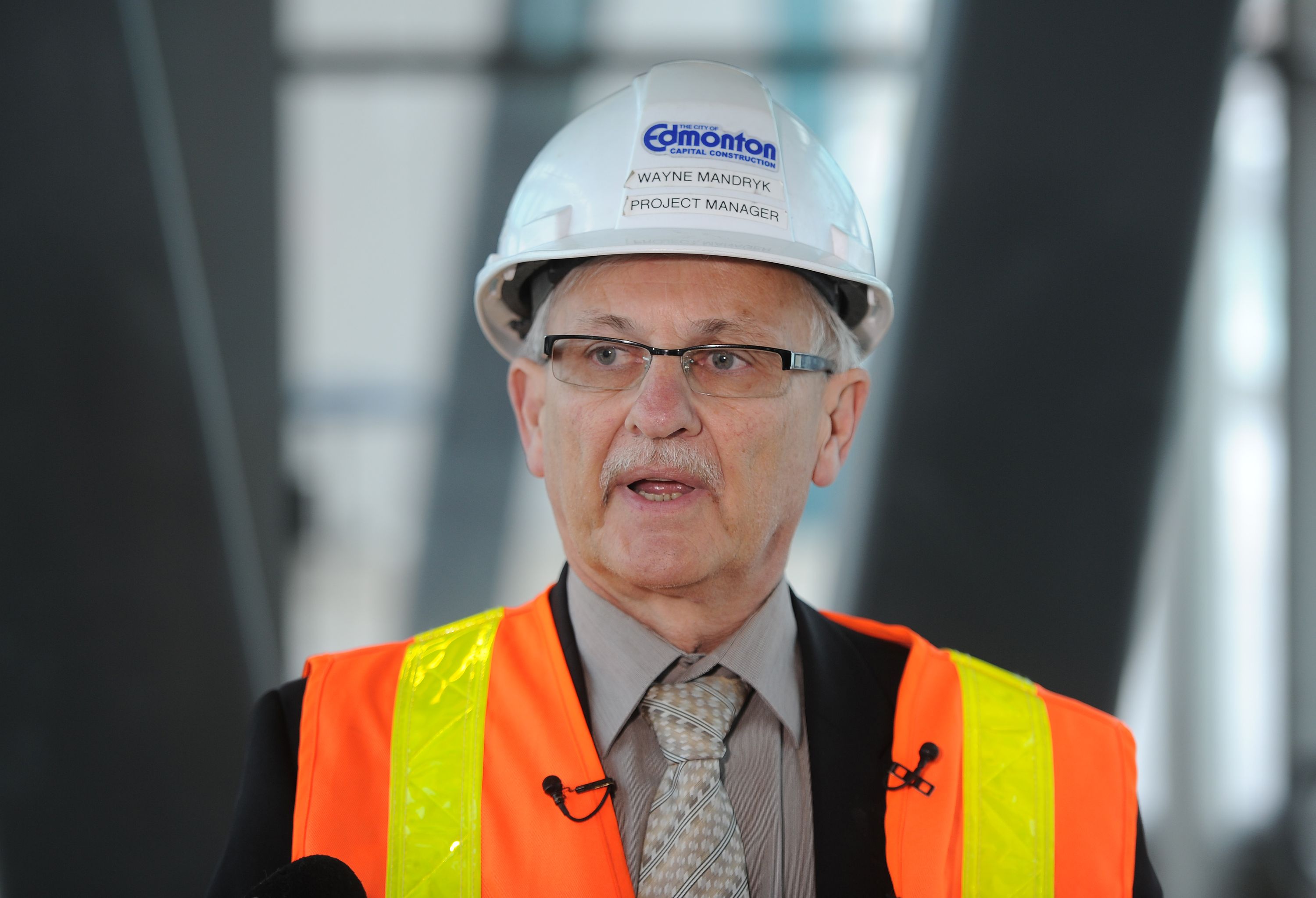The_Cat
Senior Member
I wonder if TransEd would be nailed for more if they missed another deadline.
... and not one darn date in the whole thing. I guess they thought they could distract us with pretty pictures.
The late penalties much be getting quite high at this point. However, I suspect in the end there will be some negotiated agreement instead at some point for some lower amount that the City and TransEd will claim needs to be kept confidential for some spurious reason. Most likely to save the City the embarassment of letting TransEd off the hook.I wonder if TransEd would be nailed for more if they missed another deadline.

Canada line is older (so inflation needs to be accounted) and the stations are very short (which adds a lot of costs to extended, especially when tunnelled or elevated).
It is a great model of cheaper builds in NA though. Broadway and Langley extensions will be better comparisons as they complete.
The Canada Line also has at least twice the capacity of so the capacity per dollar is still *way* better.How does the p3 affect things? I think the Valley line includes decades of maintenance in the cost.
Compounded by the fact every dollar they are spending in repairs and extra work at the moment is almost certainly above what they budgeted. I wouldn't be tremendously concerned about default but anything could happen. This will be a good case study of the importance not just about getting it done on time but getting it done right on time.
Major penalties in place if the Valley Line gets delayed
Edmonton’s LRT line between Mill Woods and downtown will open Dec. 15, 2020.edmontonjournal.com
“The company gets paid for only half of the capital cost of the line during the construction process. The rest of the capital cost will be split into regular monthly payments to be paid out during the next 30 years of operation. Every month the company is late, it forfeits a payment.”
I do wonder how this plays out. Some quick napkin math says every monthly payment is ~$2.5m, so TransEd has forfeited ~$62.5m thus far. I would have to think that TransEd might have a good force majeur claim to reconcile some of those forfeited payments due to COVID but how much does that reasonably encompass? Six months? Nine months?
It’s pretty safe to say this line is clearly months and months away from opening at minimum, so probably another 20m in forfeited payments. If there’s a worldwide recession incoming that substantially effects TransEd’s financial backing partner, is there a genuine risk of default?
Perhaps there is a COVID argument for some of the delay, but I don't think COVID caused cracks in the pillars. I would not want to be a bond holder or lender to this venture.
Major penalties in place if the Valley Line gets delayed
Edmonton’s LRT line between Mill Woods and downtown will open Dec. 15, 2020.edmontonjournal.com
“The company gets paid for only half of the capital cost of the line during the construction process. The rest of the capital cost will be split into regular monthly payments to be paid out during the next 30 years of operation. Every month the company is late, it forfeits a payment.”
I do wonder how this plays out. Some quick napkin math says every monthly payment is ~$2.5m, so TransEd has forfeited ~$62.5m thus far. I would have to think that TransEd might have a good force majeur claim to reconcile some of those forfeited payments due to COVID but how much does that reasonably encompass? Six months? Nine months?
It’s pretty safe to say this line is clearly months and months away from opening at minimum, so probably another 20m in forfeited payments. If there’s a worldwide recession incoming that substantially effects TransEd’s financial backing partner, is there a genuine risk of default?
What’s the incentive for the city to bail them out? (Future working relationship?) Also what possible justification could they use to keep the details withheld from citizens?Perhaps there is a COVID argument for some of the delay, but I don't think COVID caused cracks in the pillars. I would not want to be a bond holder or lender to this venture.
However, I bet at some point the city sort of bails them out, the penalties are capped or reduced and the agreement is kept secret.
Incentive - to avoid a potentially bigger mess (the P3 shuts down/goes out of business, liquidated someone else the city does not want). Whether this is true or not, politicians will likely throw some money at it to make potential additional problems go away. Justification - confidentiality clause with a private company.What’s the incentive for the city to bail them out? (Future working relationship?) Also what possible justification could they use to keep the details withheld from citizens?